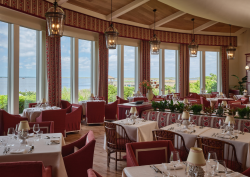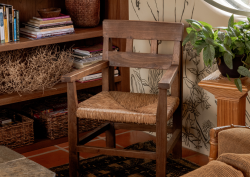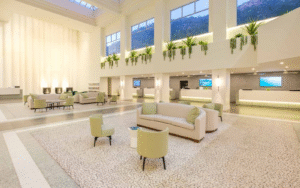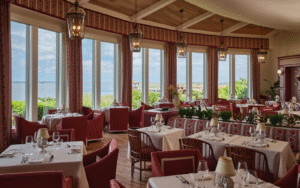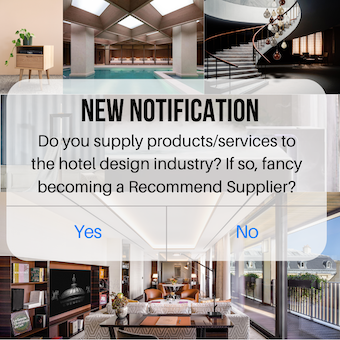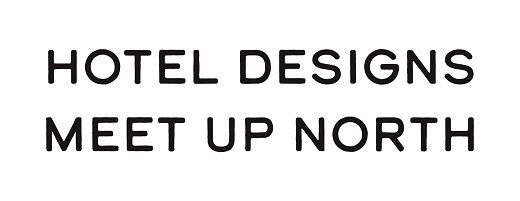Ahead of joining the team at Hotel Designs for the opening panel discussion at Tech in Hospitality Summit and Hotel Summit on September 18 – 19, Oli Morgan, Director at Blend Technology Consultants, addresses the game-changing tech trends in hotel design…
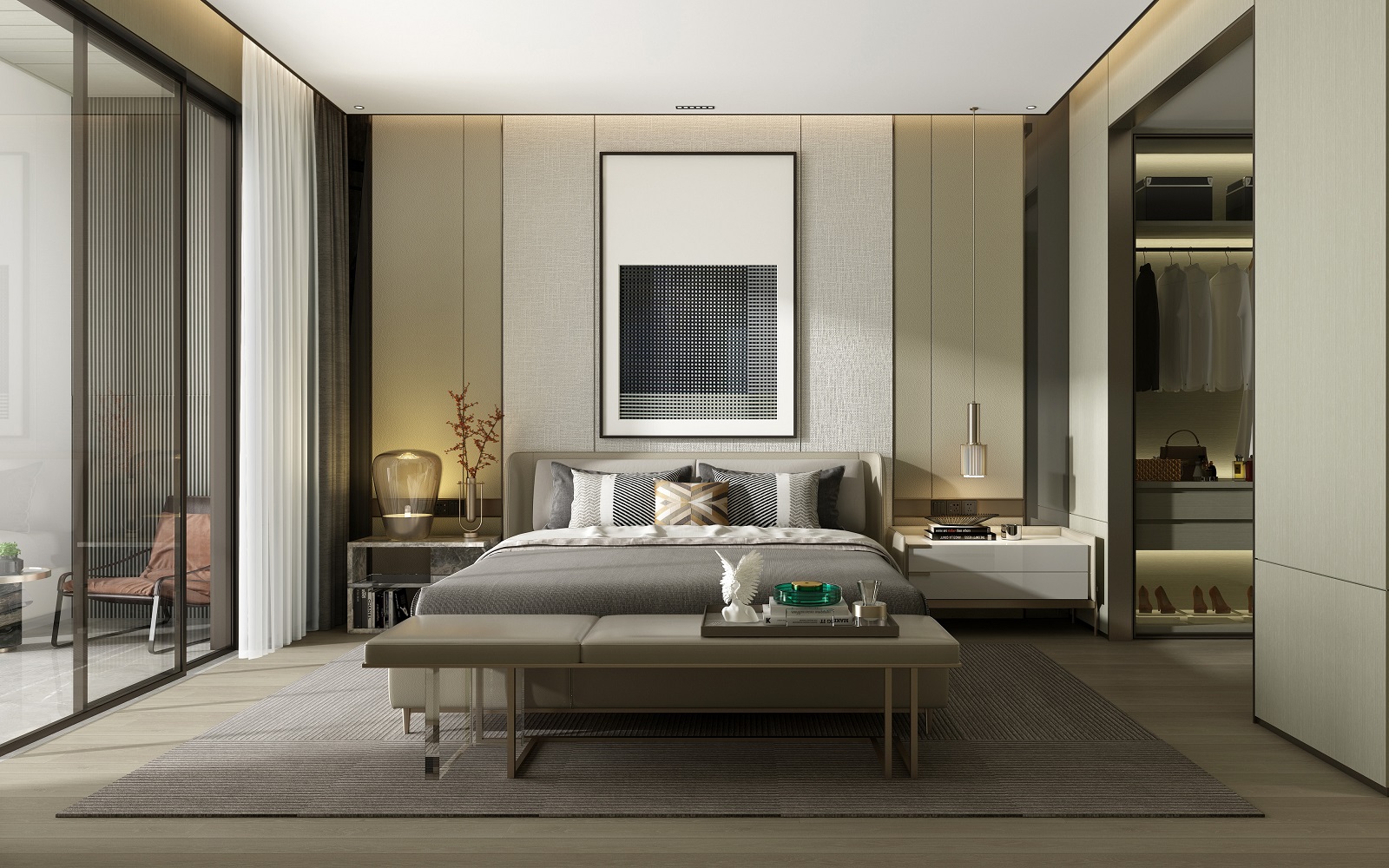
Before we digest tech trends that are developing on the hospitality and hotel design scene, we first have to understand the behaviour of today’s guests.
The digital guest journey for a hotel guest starts before a guest has even booked their stay at a hotel and continues right through to providing feedback after checking out. During each guest journey, the visitor will have touchpoints with a vast number of different technologies, and these systems are constantly evolving with new features and solutions emerging in the market, catering for the demands of existing consumers as well as for a younger generation of travellers coming through.
Cutting through the noise and gimmicks, the changes we see are specific to the type of technology. In a general sense, though, the evolutions and inventions are often aimed at the removal of guest ‘pain points’ to enhance the guest experience. This could be allowing guests to check in or out at any point within a 24-hour window, rather than pre-determined check in and out times; or enhancing the guest check-in experience, to allow guests to choose their exact room and check-in prior to arrival, as well as gain access to the room or hotel lift upon arrival via the guest’s mobile device.
The deployment of multilingual digital concierge apps for guests and staff, that bring together most of these touch points into one platform, is becoming more commonplace, with many of our clients deploying these, or considering the deployment.
The features of such an app can be extensive but will depend largely on integration with the hotel’s technology systems at the property, leveraging their capability and ultimately aiming to give guests choice, personalising their stay, and allowing staff to deliver an enhanced service. This might include guestrooms being set up in advance with guests’ known preferences for certain systems, such as room temperature or lighting (circadian enabled or brightness levels adjusted). Other features include key information on the hotel or local amenities/attractions, concierge requests, food and drink ordering and payment all from the guest’s device or in room tablet.
“No comment on technology in hospitality would be complete without mentioning Artificial Intelligence (AI).” – Oli Morgan, Director, Blend Technology Consultants.
The app can also provide control of the guestroom systems allowing the more tech savvy user to access more personalised control of the room systems than the traditional room control plates or TV remote control can provide. Whether voice control becomes the norm is debatable, given the obvious privacy concerns, but there are solutions that provide this option if operators so wish.
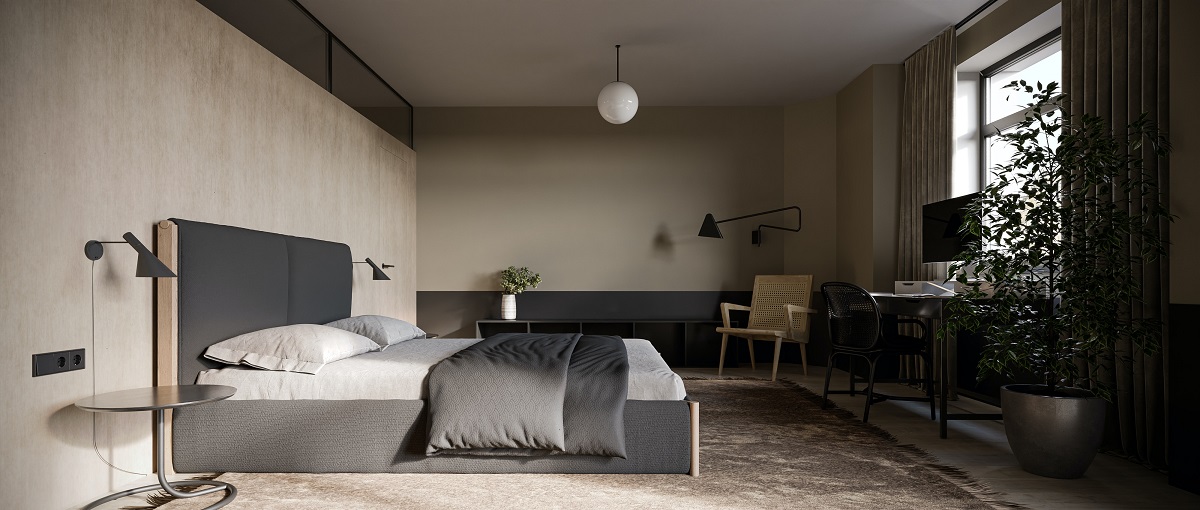
Image credit: Unsplash
The desire from travellers to experience something ‘unique’ is also leading to changes in the design of suites within hotels. We are seeing more clients explore having multipurpose suites where their use can change during the day from say, entertaining with friends to relaxing / sleeping at night. Similarly, operators are deploying more themed suites that might be focussed on different demands from guests such as large digital artwork throughout the suite or high-end gaming systems. In all scenarios, the technology must be well thought through and support the user experience.
No comment on technology in hospitality would be complete without mentioning Artificial Intelligence (AI), which is being used in a variety of ways in hospitality promising more efficient operations and a better personalised experience for guests. Systems that are already using AI include chat bots, CCTV analytics, data analytics and forecasting, predictive maintenance etc. The future will bring further use of AI including enhanced personalisation and more use of augmented reality technologies to provide immersive and interactive experiences for guests.
Pitfalls to avoid when specifying new technology in new-build or refurbishment projects
Whilst it’s not particularly exciting from a tech perspective, it is key to have a clear demarcation on scope and role/responsibilities from the start, so the project can commence on a sound footing. The number of technical systems that go into the operation of a hotel is vast. It is therefore key to have a clear understanding on what the responsibility is of the project team against what will be delivered by the operator and when. Whilst this might sound obvious, it is surprising the number of projects where this clarity is not achieved until well into the project, which can bring surprises in terms of costs and delays for the developer.
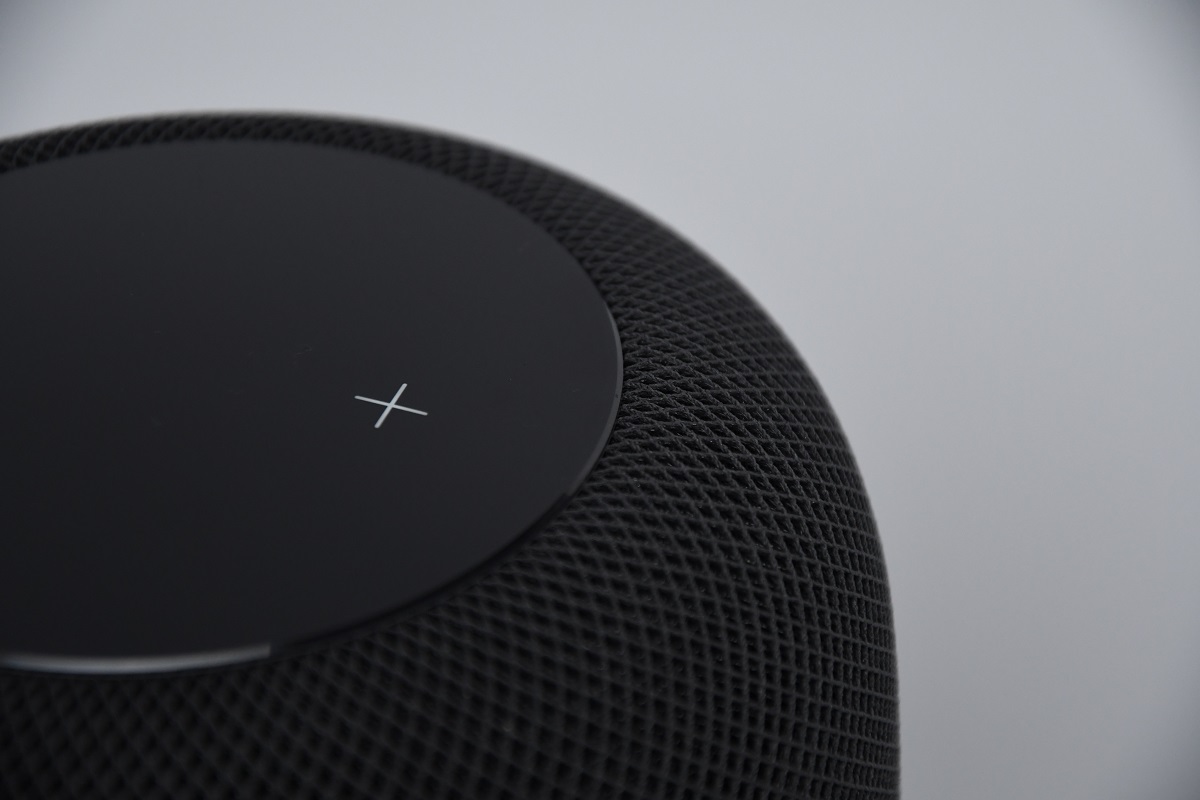
Image credit: Unsplash
Most of Blend’s hotel projects tend to be either new build or refurbishment projects and thus will have a programme that runs from two to five years or more. This kind of timeframe can bring obvious challenges to designer of the technology that needs to be procured and installed into such buildings. Time needs to be spent early in the project agreeing a procurement strategy. This needs to consider the benefits of procuring such systems in the main construction tender, or procuring them later, as a client direct package managed by the technology consultant.
One example of this would be delaying the procurement of the IPTV/guest entertainment system until much later in the programme to ensure the hotel has the latest available solution, commensurate with the brand and property. We also suggest there is a technology obsolescence/innovation review prior to the contractors actually ordering the hardware for installation. This allows us to assess the hardware that may be coming to the end of its life or new products that should be considered in their place.
One for the project manager’s reading this; there is often insufficient time allowed in design programmes for design team coordination. Too often the design team’s deadlines are all on the same date, meaning coordination is challenging. The architect or interior designer’s fixed plans need to be issued some weeks before these deadlines to allow the other consultants to carry out coordination activities.
Finally, I’d recommend being wary of introducing technology that hasn’t been developed for the hotel sector specifically, and an obvious example is guestroom entertainment systems. The products chosen for guestrooms needs to have certain hospitality features, whether this be volume limiting, or cache data clearing after checkout, careful consideration needs to be given when looking to introduce new technology that may have been developed without the specific hospitality sector requirements in mind. This is also a good reason to have fully functional mock up room during the design phase of the project, so the technology can actually be tested rather than just a visual sign off on aesthetics. In addition, the mock up room needs to be built at an early stage in the project so the changes that are needed can be captured in the design for the hotel. Too often the mock up room is built too late in the process, and it comes as a surprise that changes result from it.
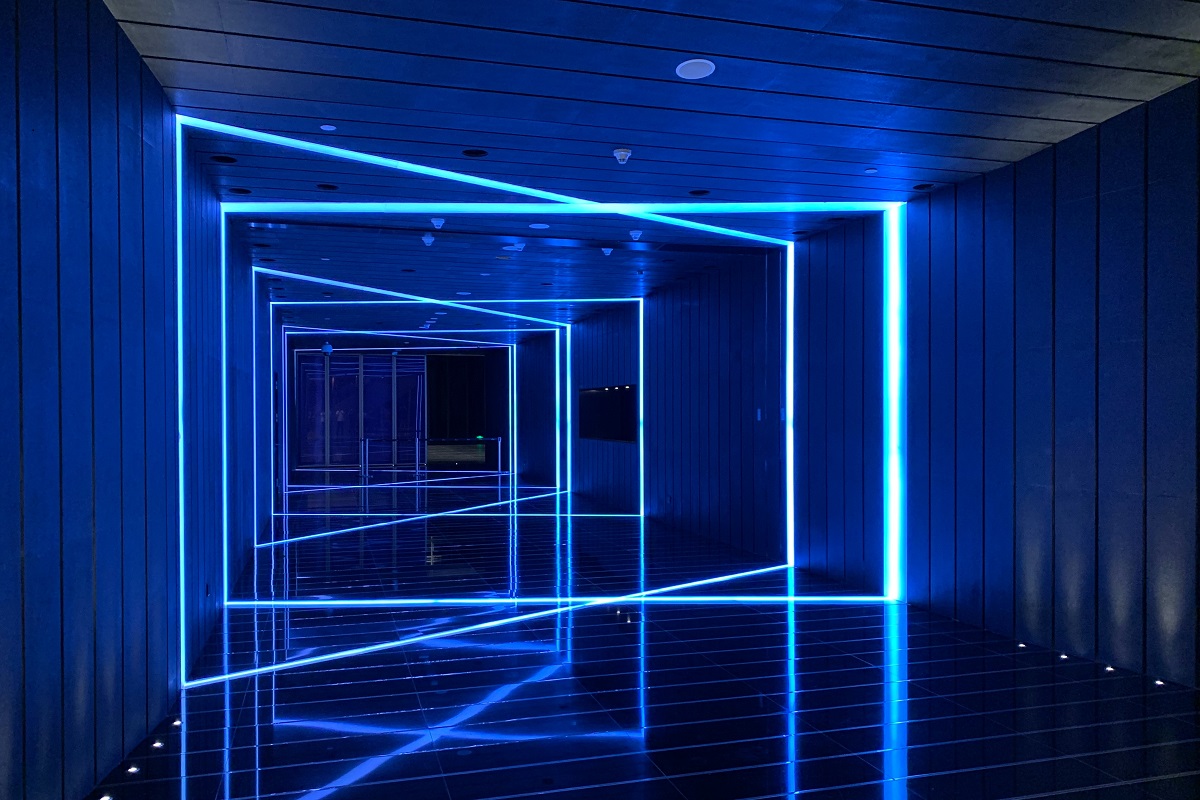
Image credit: Unsplash
Tech’s role in hospitality and design
Technology has a variety of roles in hospitality and design. The obvious ones we have already touched on such as enhancing the guest experience, removing “pain points” or improving operational efficiencies. Other ways where technology is supporting key trends in hospitality and the design of such spaces includes sustainability, health & fitness, multi purpose public areas and guest safety.
For today’s traveller sustainability is an important consideration. Technology can support a hotel’s efficiencies across all operations. With accurate occupancy sensing that can detect when a guest has left the room or distinguish between whether the person in the room is housekeeping or a guest, the room systems can be set back to minimise energy usage. We are even exploring ways of gamifying this such that guests are rewarded for minimising their energy consumption during their stay.
Public areas in hotels have changed significantly. Gone are the stuffy reception areas with numerous check-in desks. Now these spaces are catering for a variety of needs and visitors that change during the day and the technology needs to support this. At a basic level this could be providing great Wi-Fi and with it the ability for the operator to track and understand how people use the space at different times of the day or providing a different ambience during the day through lighting control & high-quality background music systems.
We are also seeing technology being needed to help create ‘white box’ areas or F&B spaces that can be transformed for pop up concessions or events to encourage local residents to use the hotel. This might be through the integration of tie line infrastructure or go as far as large-scale LED walls or using the space as a blank canvas, to use projection mapping technologies to “dress” the space to suit the use case during that period.
Technology can be a driver for change in hotels and travel but also needs to respond to the often rapid changes in trends and demands from travellers. What is constant is the need for technology to underpin the guest experience and thus the success of a hotel.
> Since you’re here, why not listen to this podcast episode, where tech expert Jason Bradbury joins Hamish Kilburn to discuss tech in hotel design?
Oli Morgan will be speaking at Tech in Hospitality Summit, which takes place on September 18 – 19 at Radisson Hotel and Conference Centre London Heathrow (taking place parallel to Hotel Summit). If you are a supplier (tech or otherwise) to the hospitality industry looking to meet top hotel professionals, contact Olivia Jackson (Hotel Summit) and Lisa Rose (Tech in Hospitality Summit). If you are a hotelier and would like to attend either Summit for free, please contact Josh Kingsmill (Hotel Summit) Hayley Purrell (Tech in Hospitality Summit).
Main image credit: Unsplash








